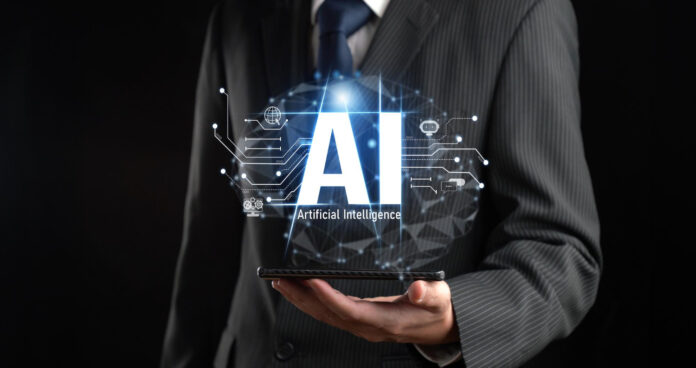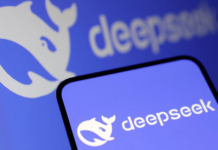Applications are getting more complicated in today’s world across a variety of industries. Because of this intricacy, software testing becomes even more crucial to ensuring that the system operates as intended and satisfies both functional and nonfunctional requirements.
Conventional techniques of testing are no longer sufficient. Development teams must use new techniques when creating and testing applications. Although traditional frameworks frequently necessitate a great deal of manual labor for script construction and maintenance, test automation can greatly increase productivity and accuracy. This may restrict their efficacy and capacity to grow.
AI-driven instruments and testing services are available to tackle these difficulties. These technologies improve test automation in a number of ways, from creating test cases to evaluating outcomes, by utilizing machine learning (ML) and artificial intelligence (AI) techniques.
10 Ways AI is Transforming Software Testing
Testing automation can be entirely changed by incorporating AI into your quality engineering operations. Ten ways AI can transform your testing process are listed below:
Visual Testing: How many times have you visited a website that has missing graphics, overlapping text, or misplaced buttons? Users may find these visual contradictions annoying, and it could harm the reputation of your company. This problem is addressed by visual testing, which checks the visual elements of an application’s user interface (UI). It ensures a consistent user experience by detecting unintentional visual changes.
Intelligent Test Case Generation: Do you doubt the stability of your application after making changes? How often do code revisions by developers cause your tests to fail? AI can automatically produce appropriate test cases by analyzing requirements, code changes, existing test cases, and the code itself. This covers edge scenarios that you could overlook as well as boundary conditions.
Self-Healing Test Automation Scripts: Agile development is based on continuous improvement, but rapid code changes can put a burden on conventional test automation techniques. This is where self-healing test automation scripts come in. The release cycle is slowed down by test cases that become delicate and need ongoing maintenance. Frameworks with AI capabilities are able to recognize these changes and adjust accordingly. This translates into shorter release cycles, less maintenance overhead, and self-healing test scripts.

Test Data Generation: In order to identify patterns in data, AI algorithms can examine already-existing data sources, such as databases. AI may create completely new datasets that replicate real-world data using this understanding. The structure of your original data is preserved in this synthetic data, but critical information is hidden. Artificial intelligence generates a variety of datasets for testing different functionality by simulating different scenarios and edge cases.
Improved Reporting and Defect Prediction: It may not always be the case that a failing test indicates a real flaw. These are sometimes “false fails,” which means that everything may be operating as it should. Determining whether a defect is real costs a lot of time. AI systems are able to find trends and patterns by analyzing historical defect data, including defect types and frequencies. Defect analysis can be completed faster as a result.
Enhanced Test Coverage: Extensive test coverage is a difficult goal to acc
omplish using traditional testing techniques. Artificial intelligence (AI) fills this gap by automatically generating a wide range of test cases by evaluating requirements, code, and previous tests. This covers scenarios—both good and negative—that human testers might overlook or edge cases. But that doesn’t mean that everything can be automated. AI can assist in selecting which tests should be automated first, which will improve productivity, speed, and early problem discovery.
Automating Mobile App Testing: The majority of gadgets in today’s d
igital world are connected to the Internet of Things, and mobile applications are their mainstay. But maintaining a faultless user experience across a wide range of hardware and operating systems can be difficult. Mobile app usability, performance, security, and UI testing can all be aided by AI. Additionally, it can execute multiple tests at once, saving a significant amount of time and money.
Automating Security Tests: Is your program safe from security flaws, outside attacks, and data leaks? Your application’s security posture can be greatly enhanced by using AI-powered security testing to find threats and vulnerabilities.
Test Optimization and Maintenance: AI may evaluate data, code revisions, and past test results to determine the possible effects of modifications. This is known as test optimization and maintenance. It helps you test more effectively by concentrating on pinpointing the testing areas most vulnerable to errors, suggesting the best testing method (automated, crowdsourced, or manual), managing unforeseen circumstances, giving priority to important tests in the event of failures, and maintaining an updated test data source.
Testing APIs: Testing APIs entails confirming their resilience, functionality, and ability to withstand load tests. In order to make sure the API can handle unforeseen inputs and edge cases, AI may provide a variety of realistic test data sets, which enables more thorough testing.






